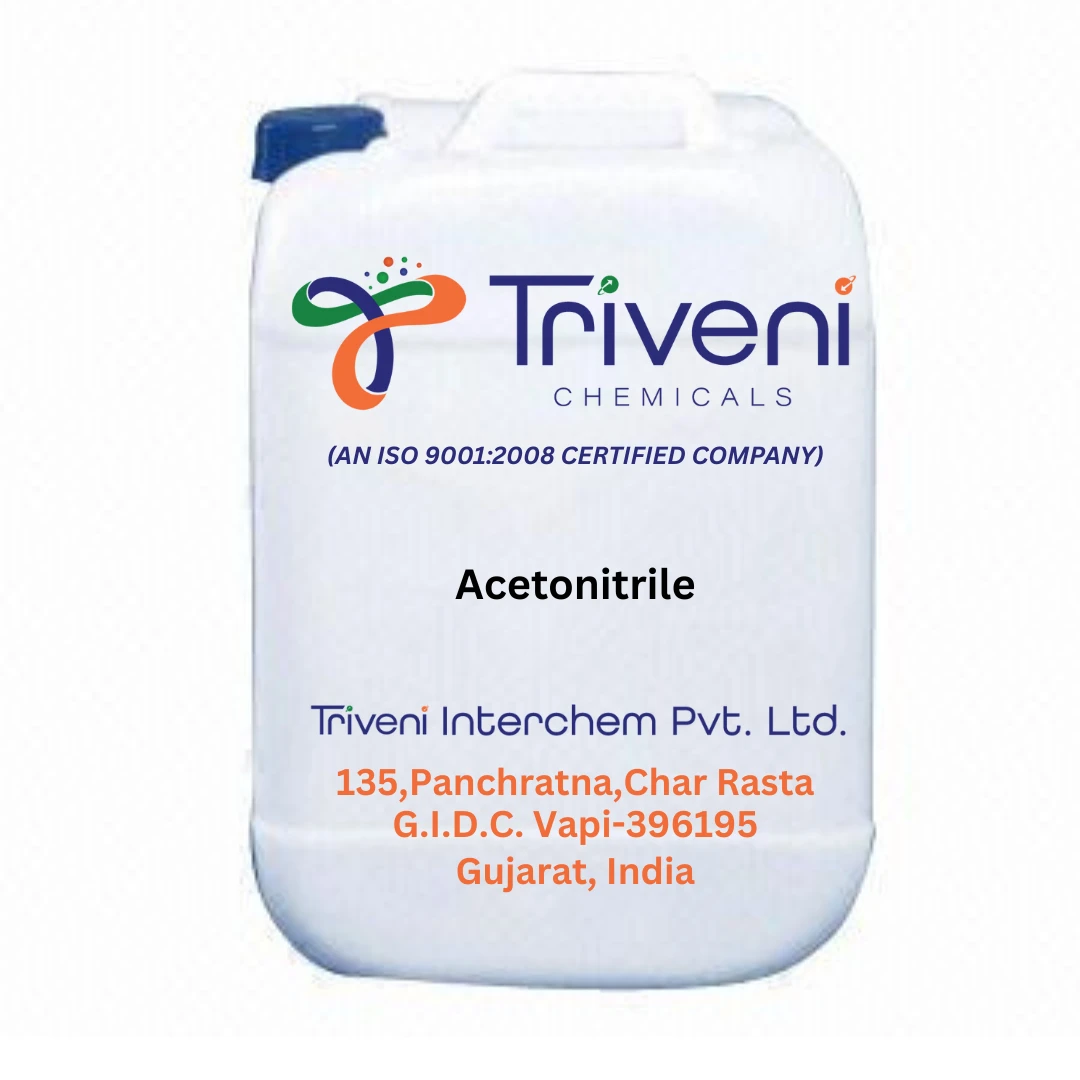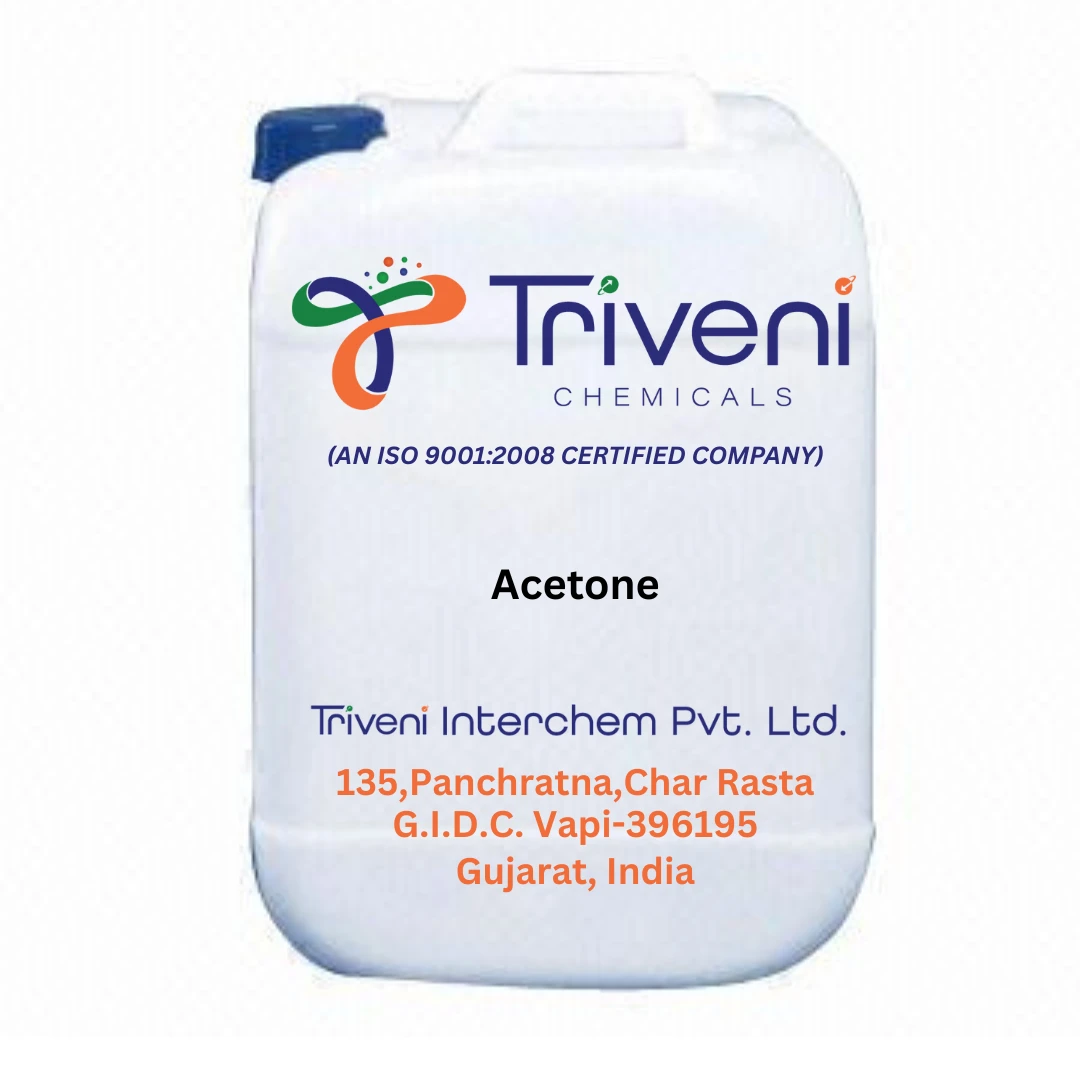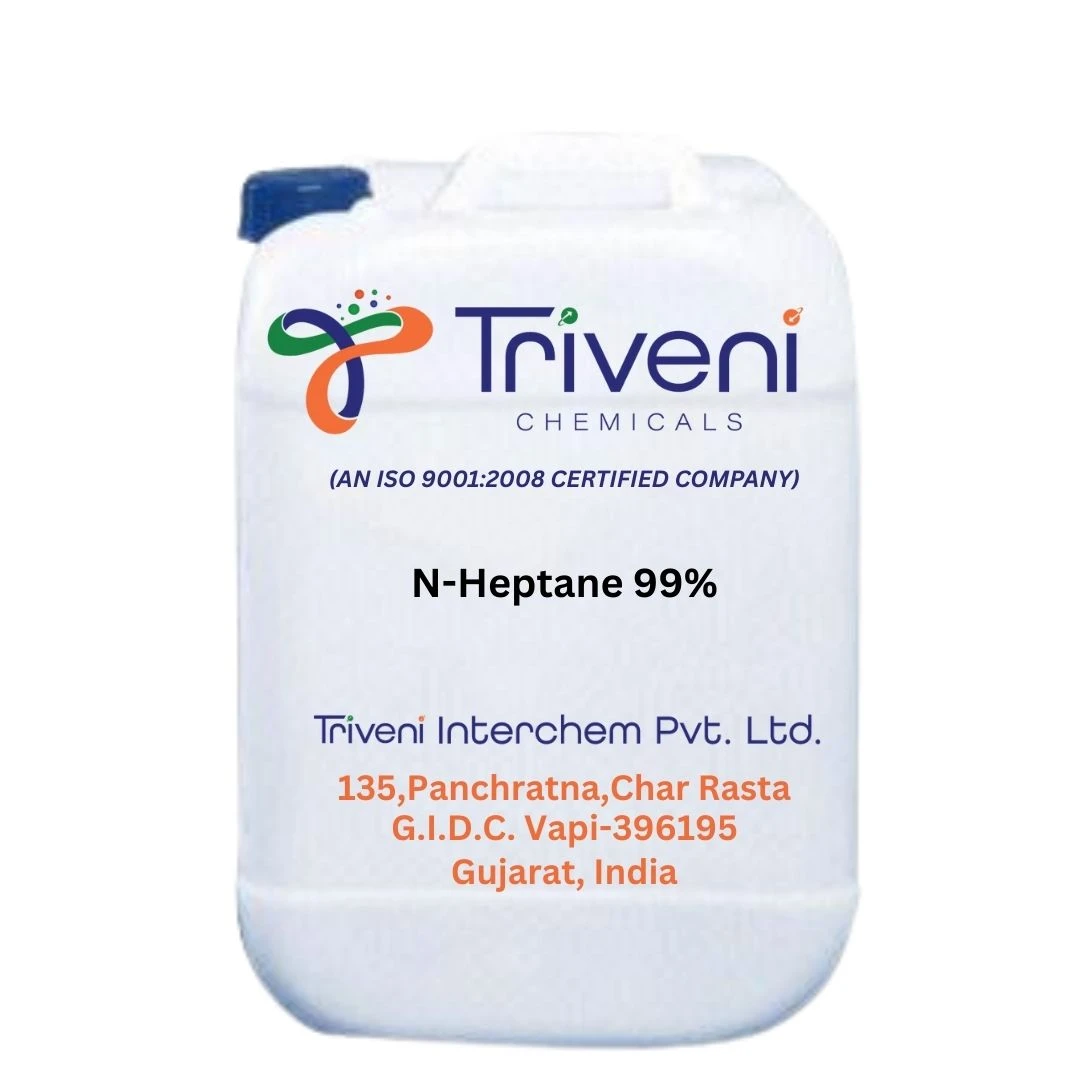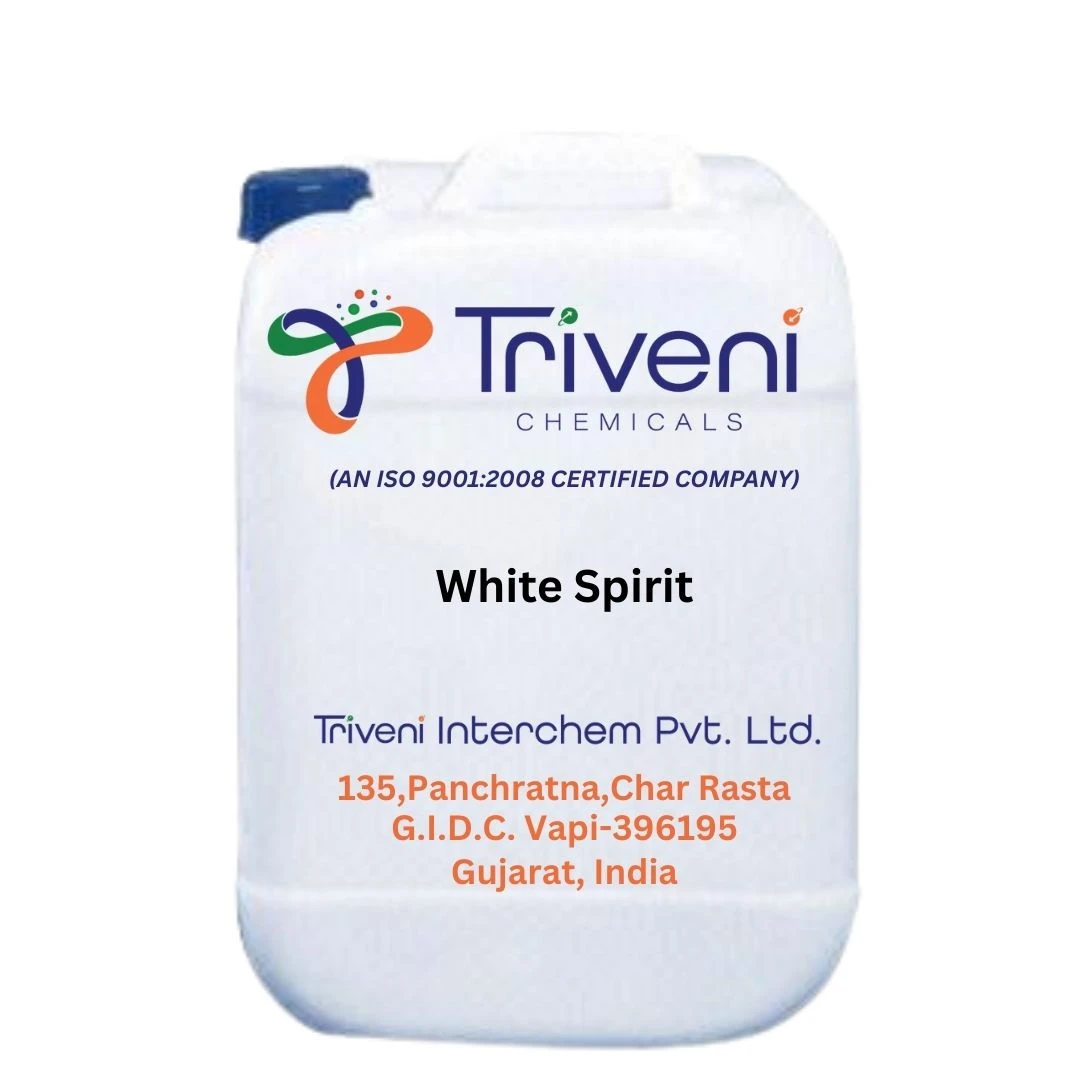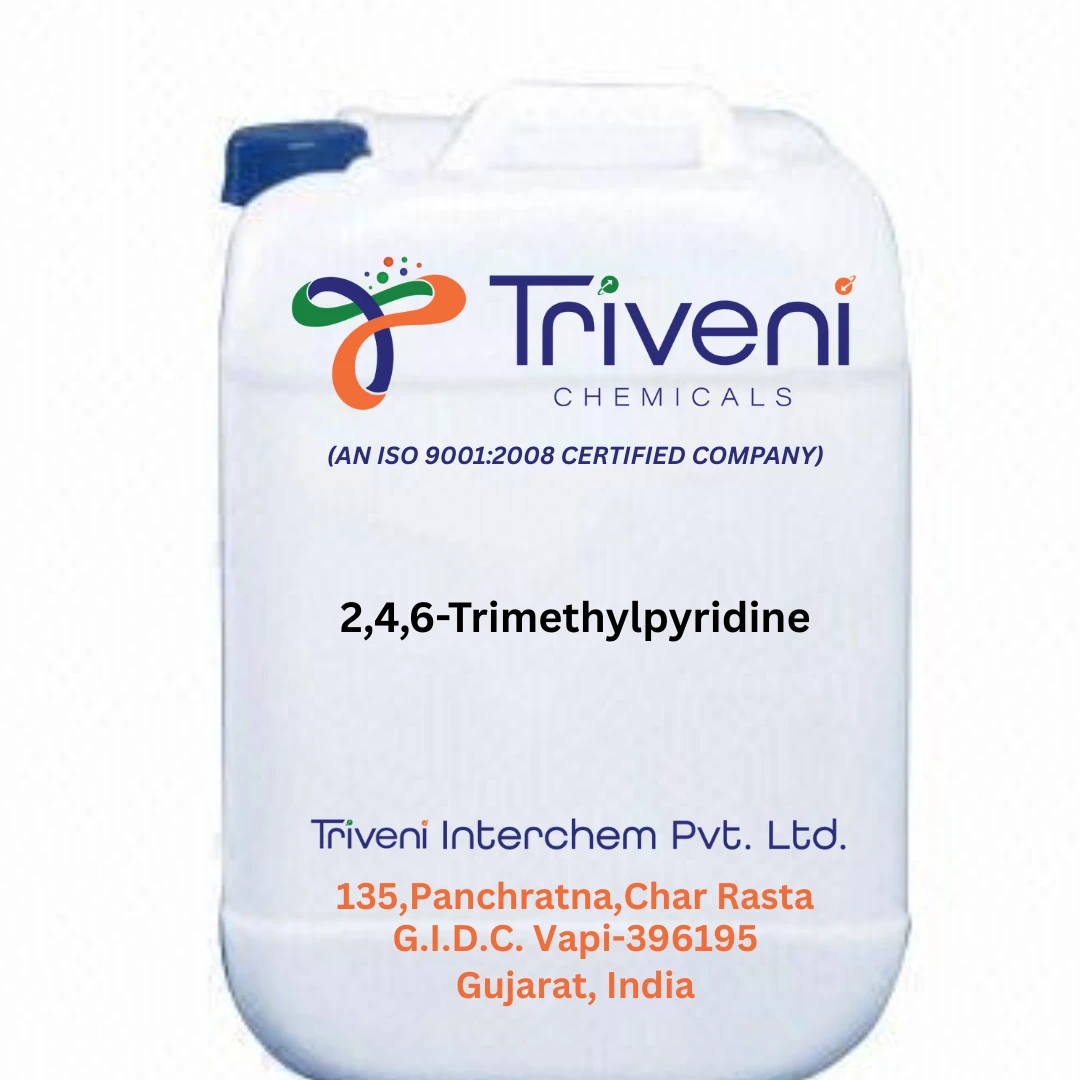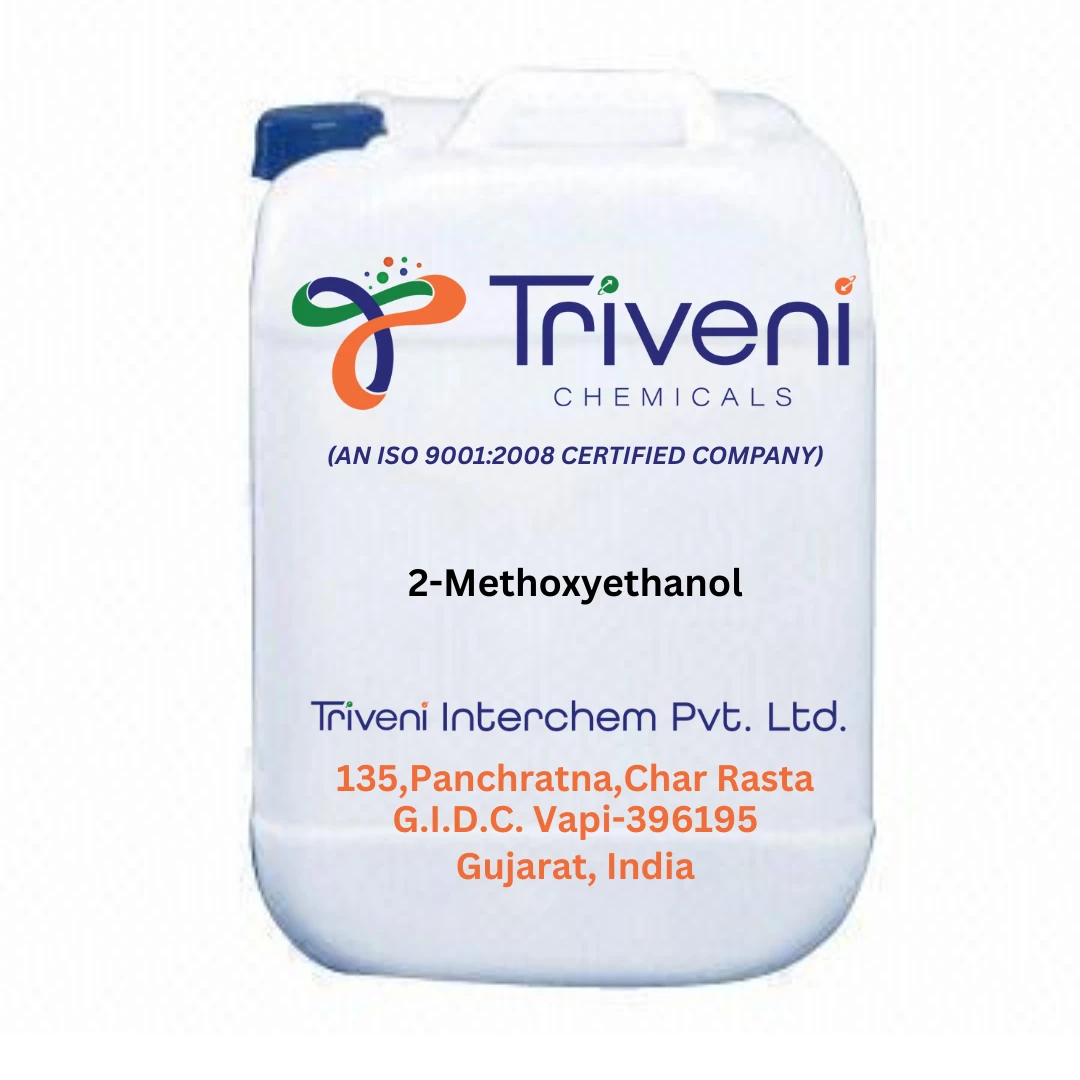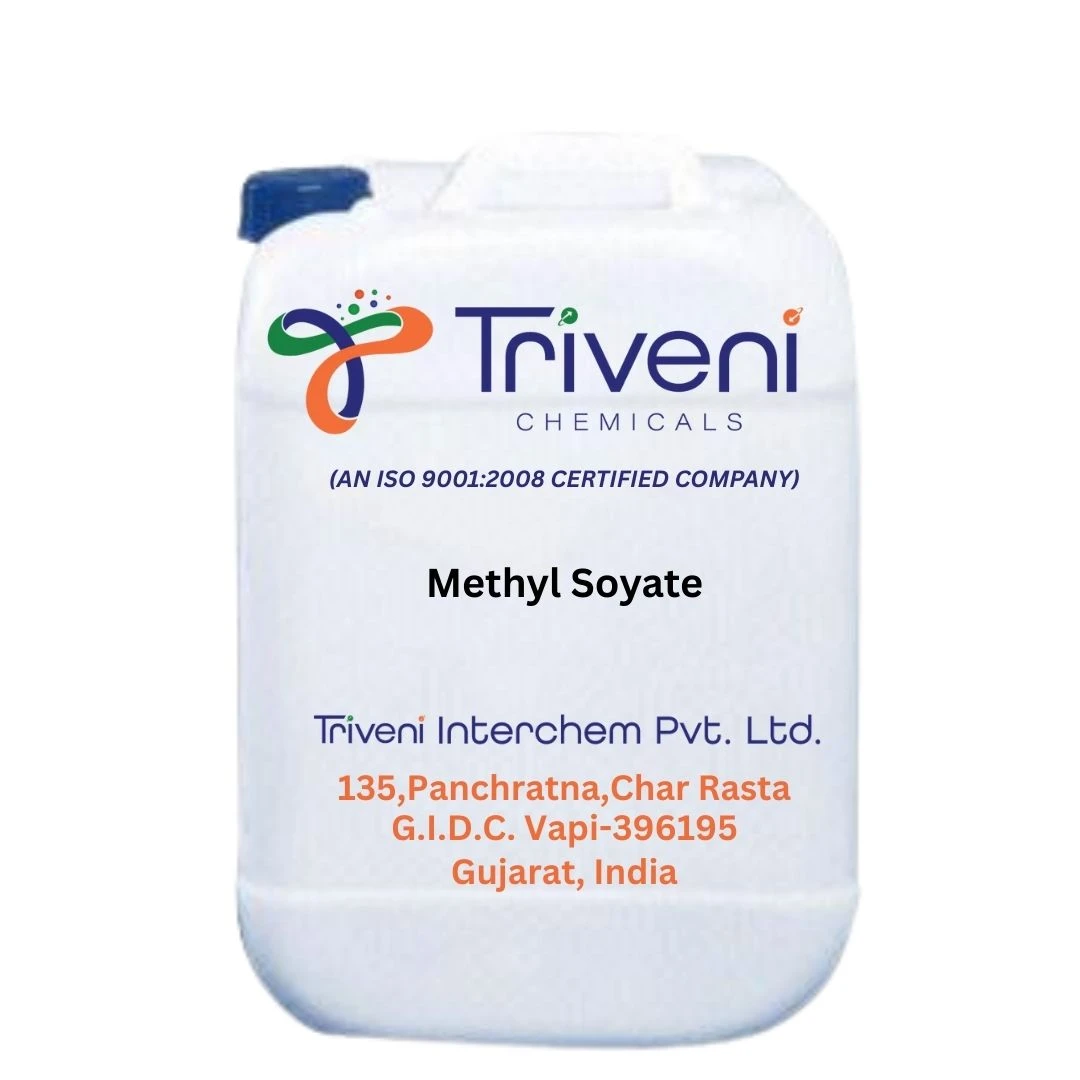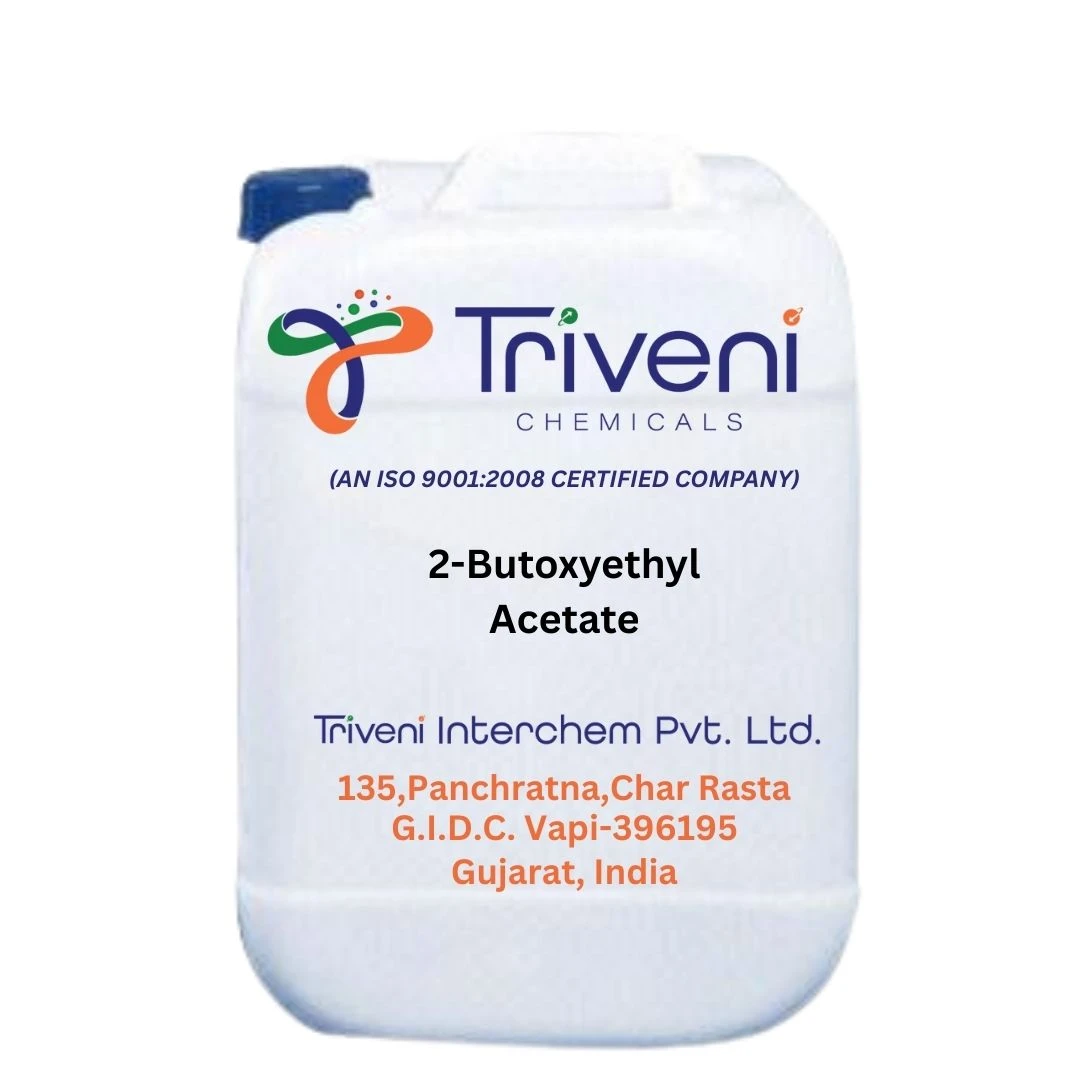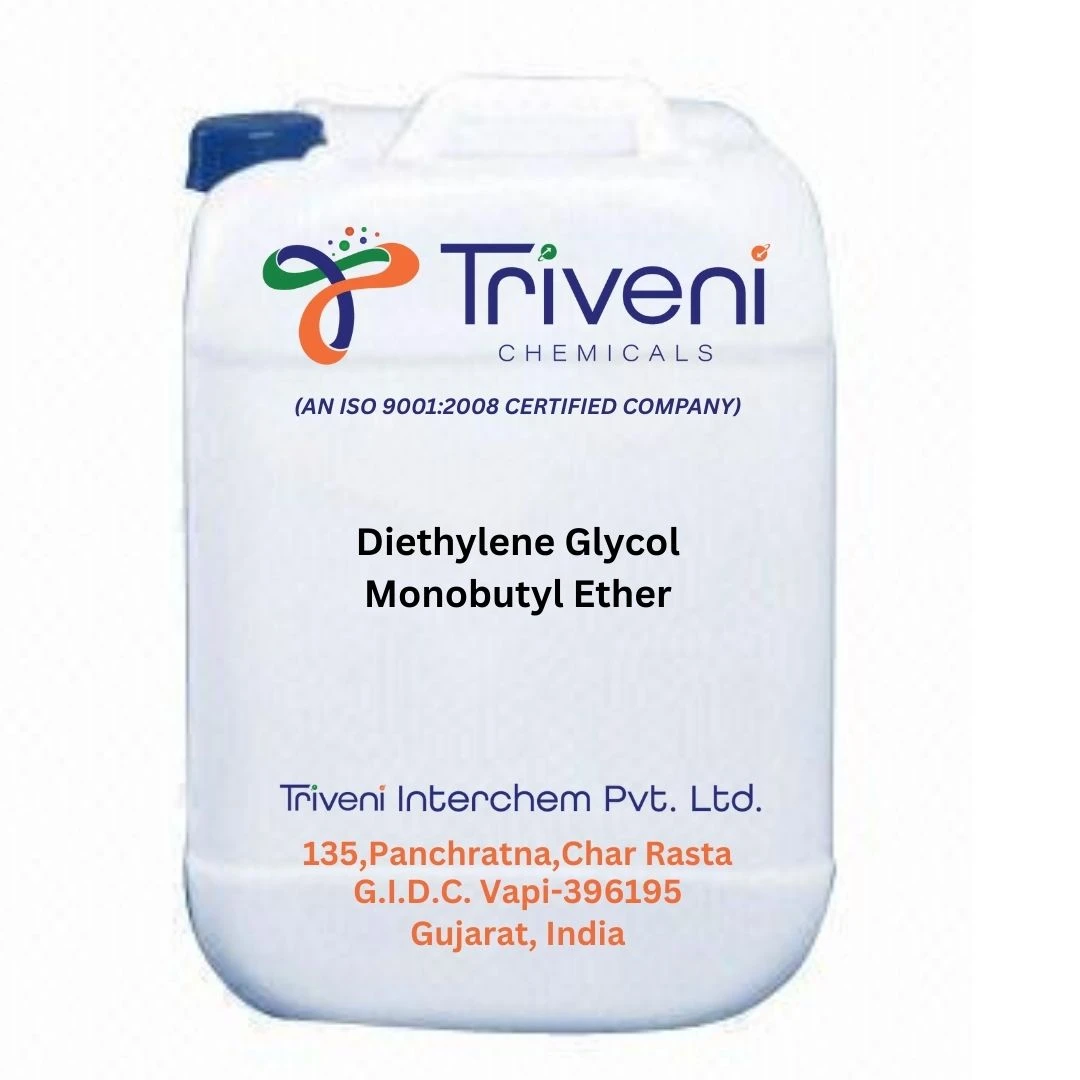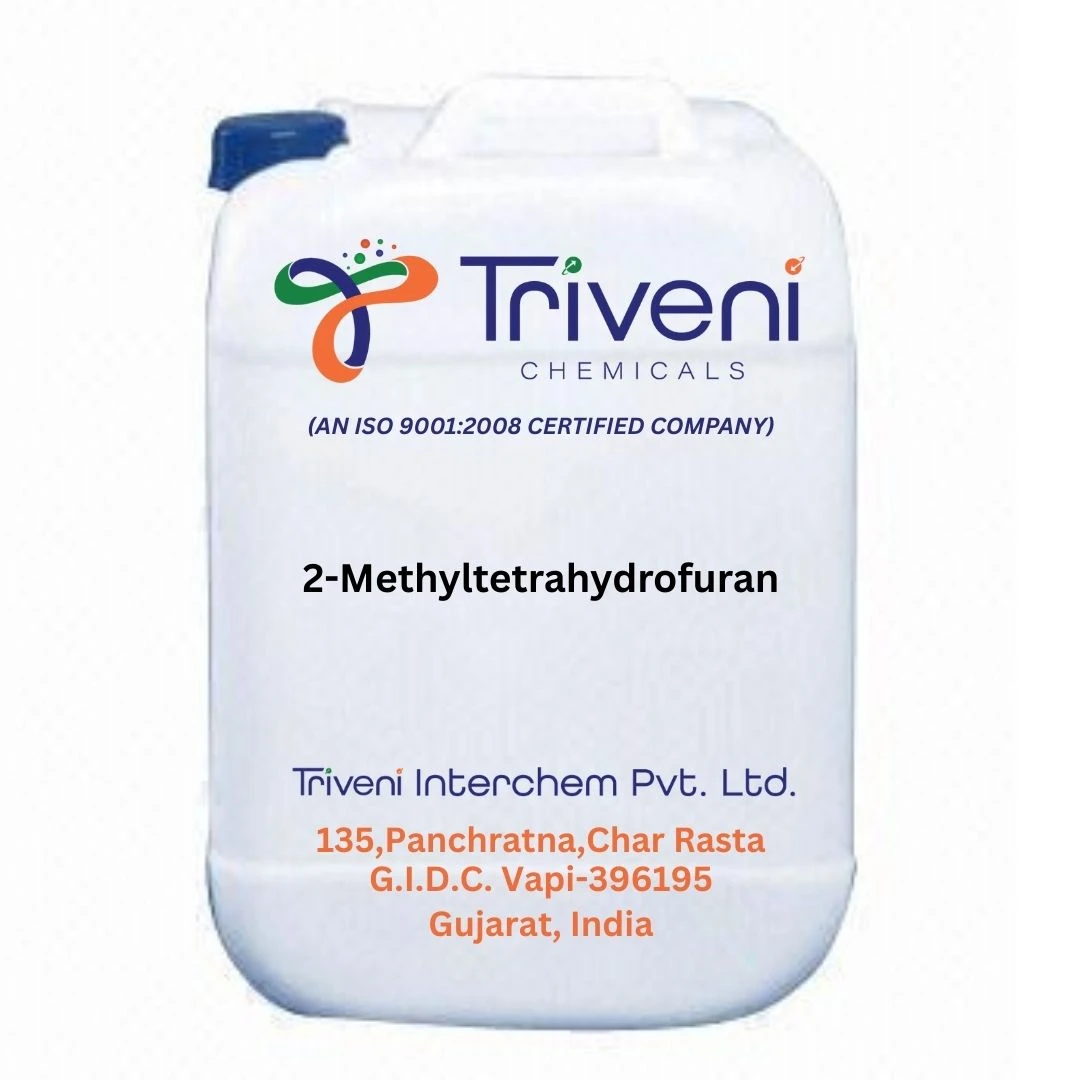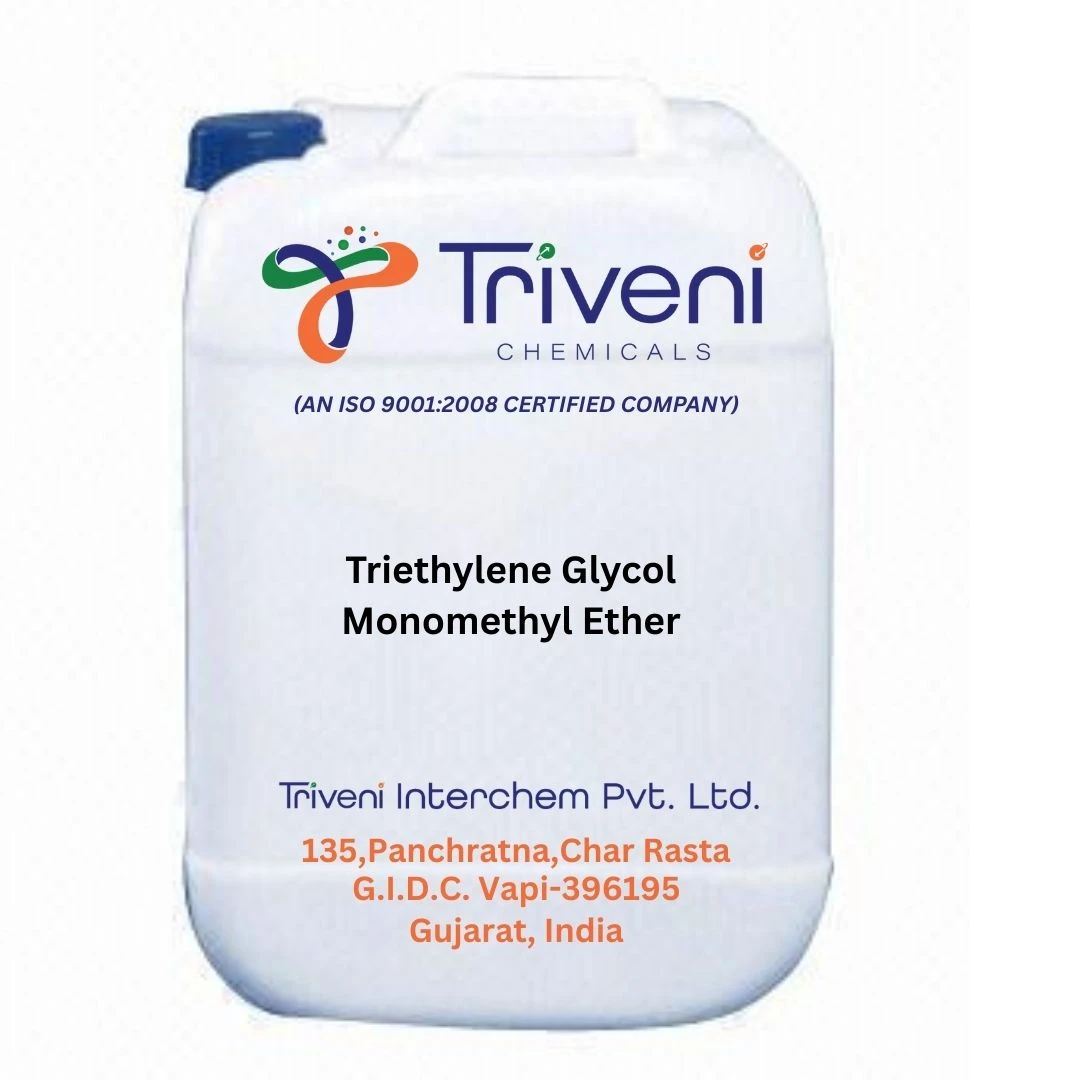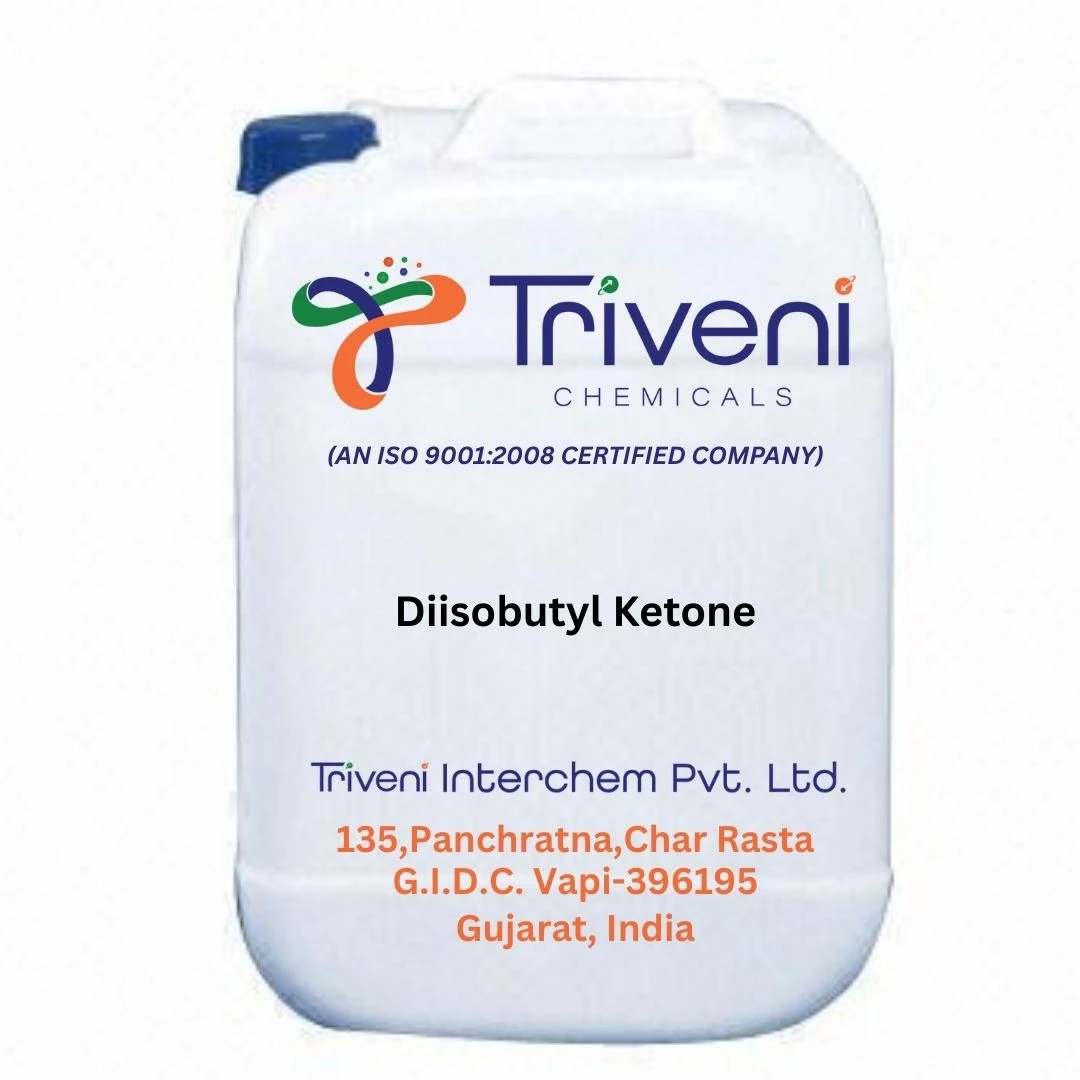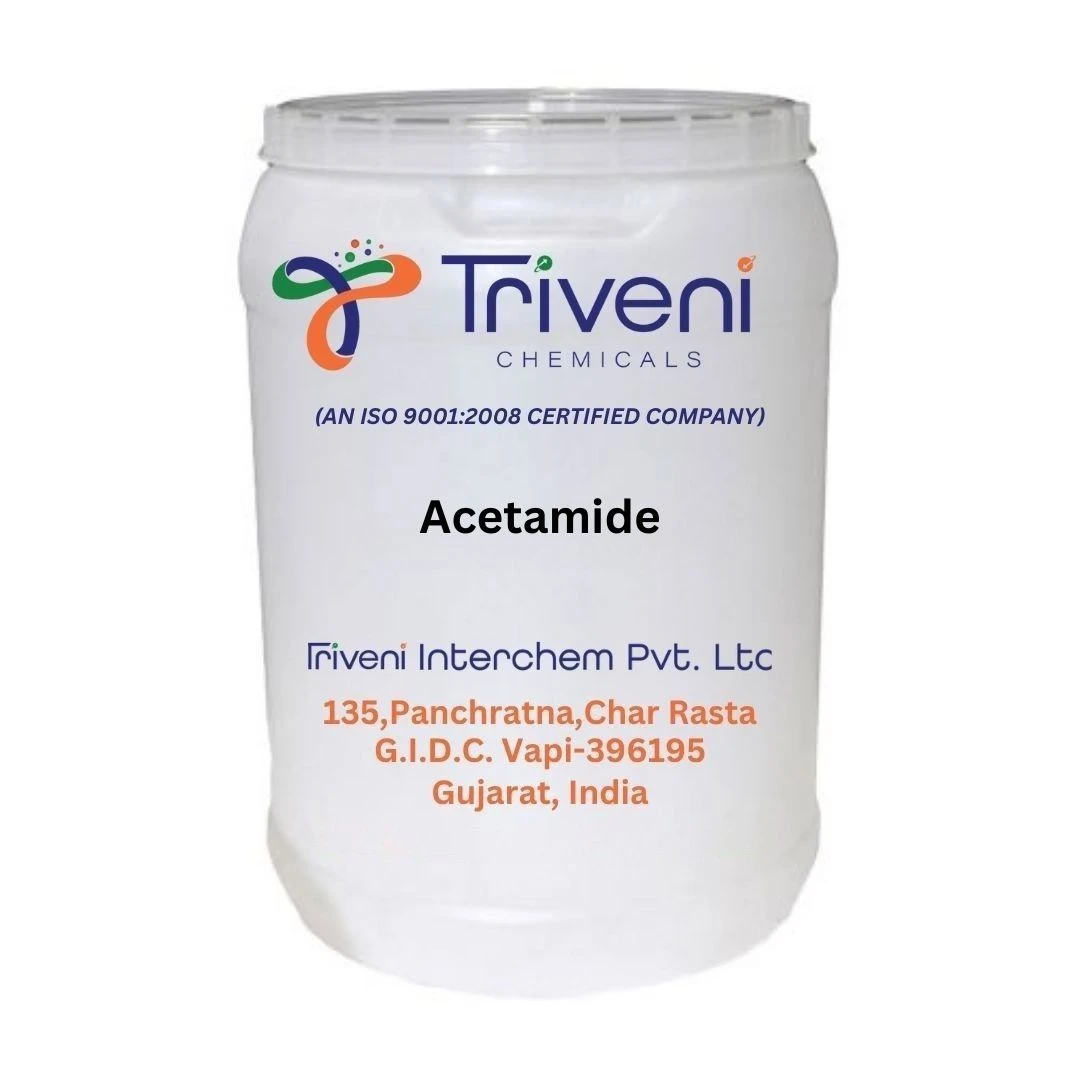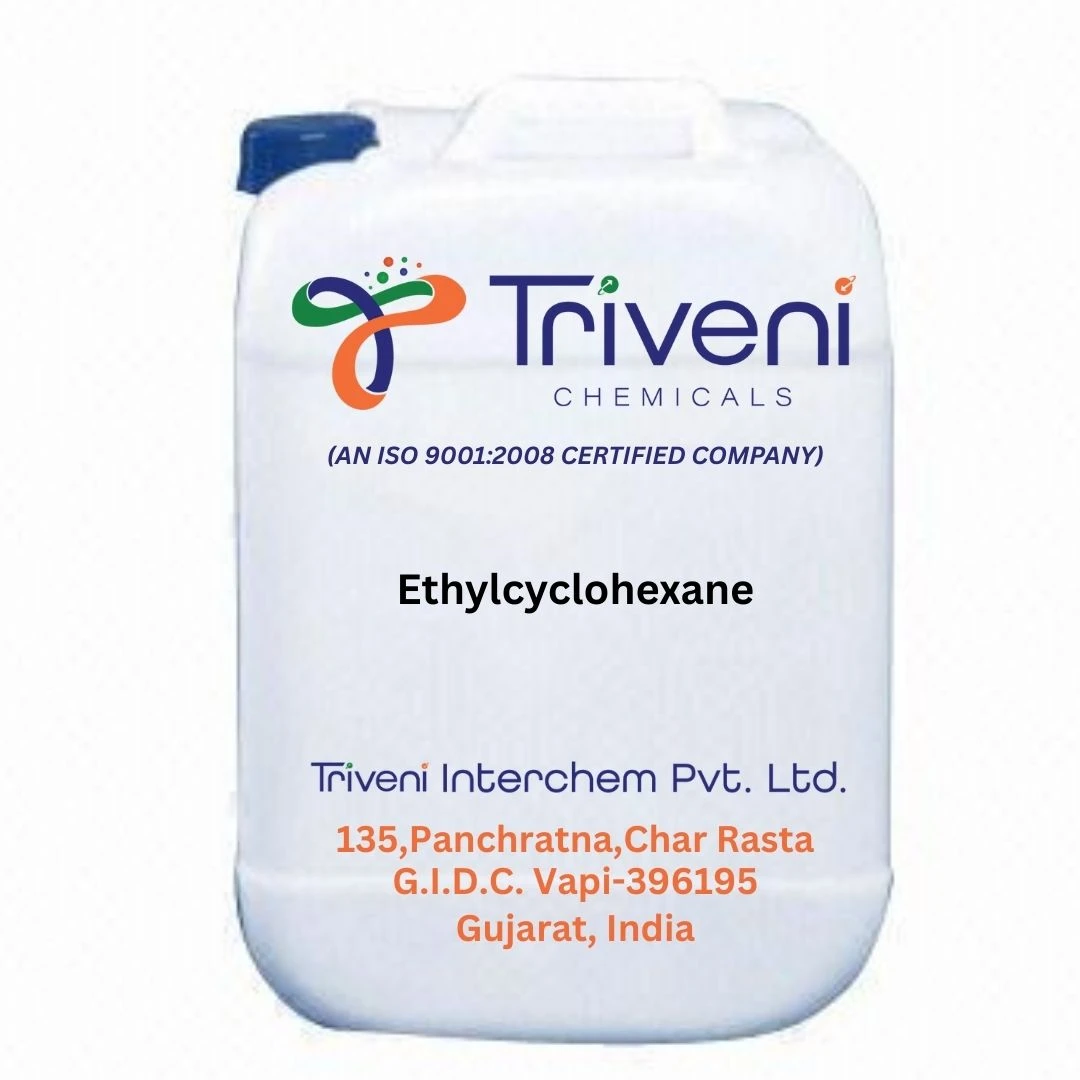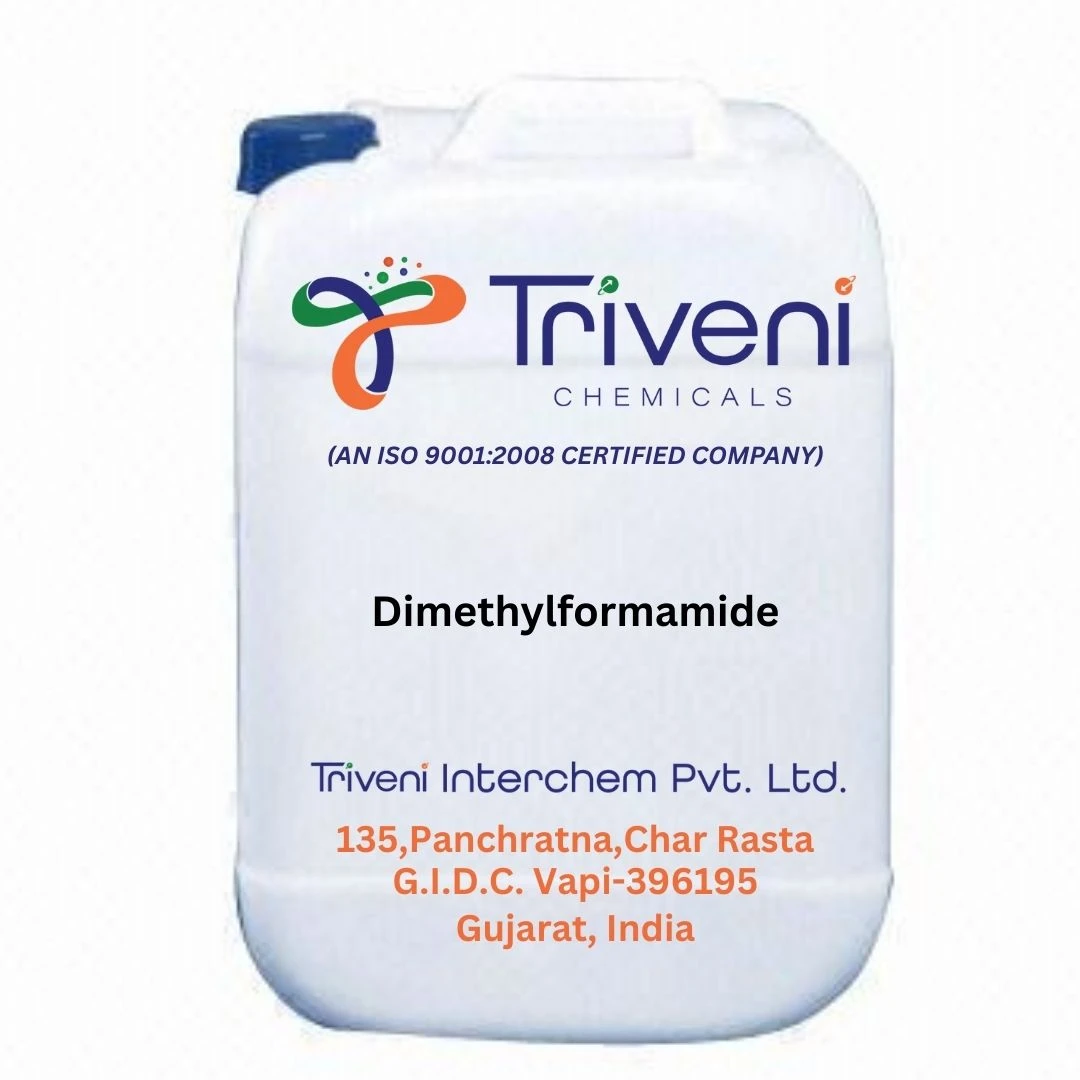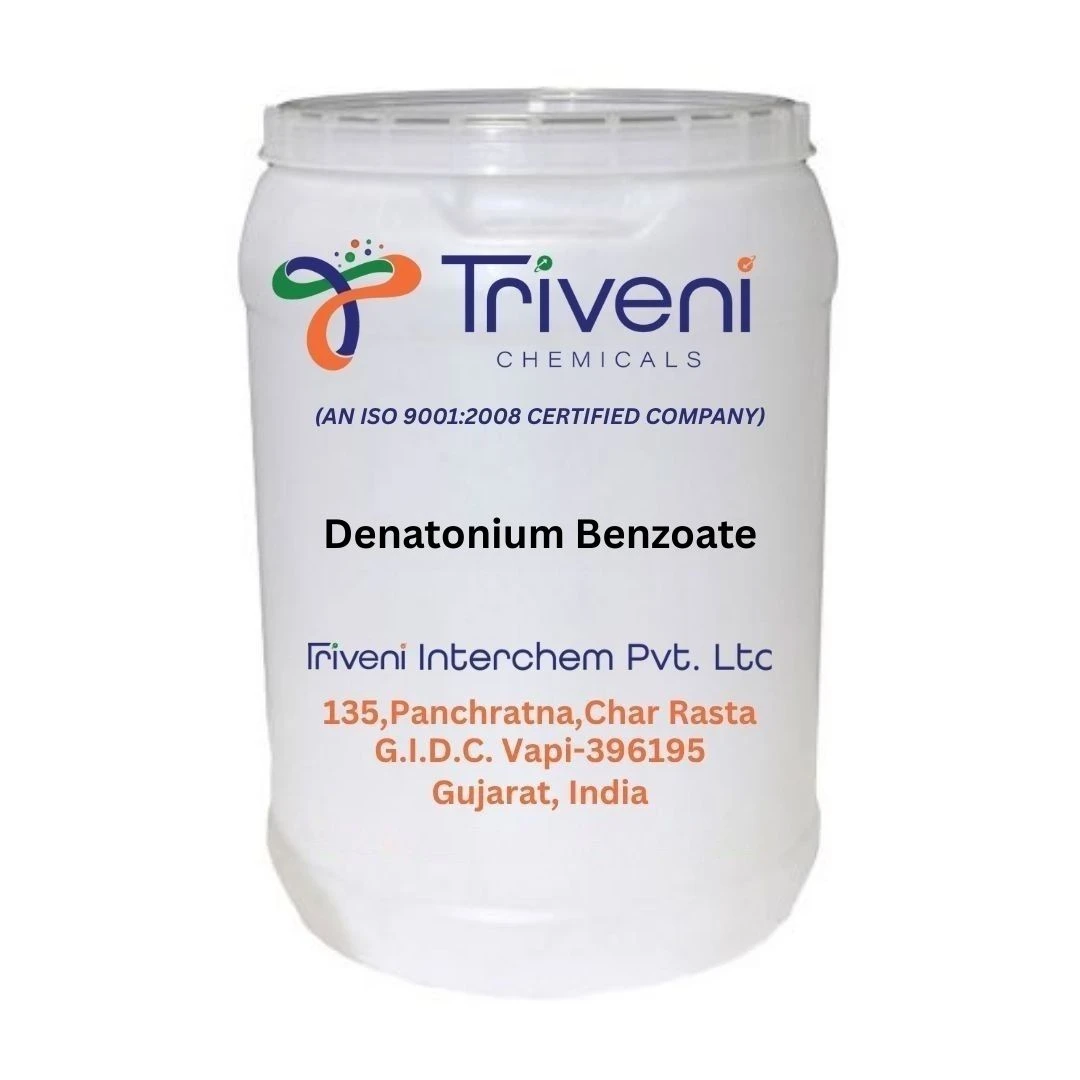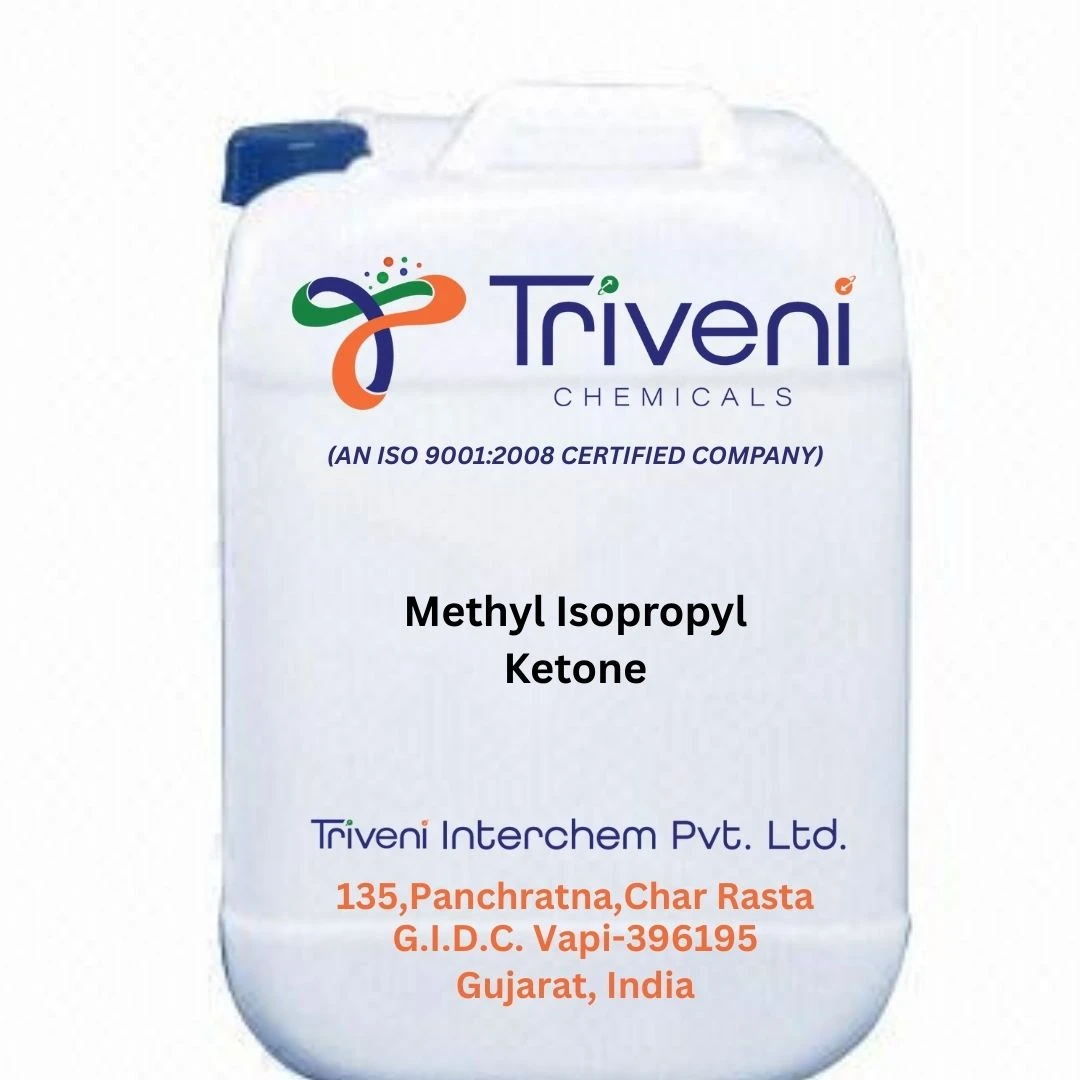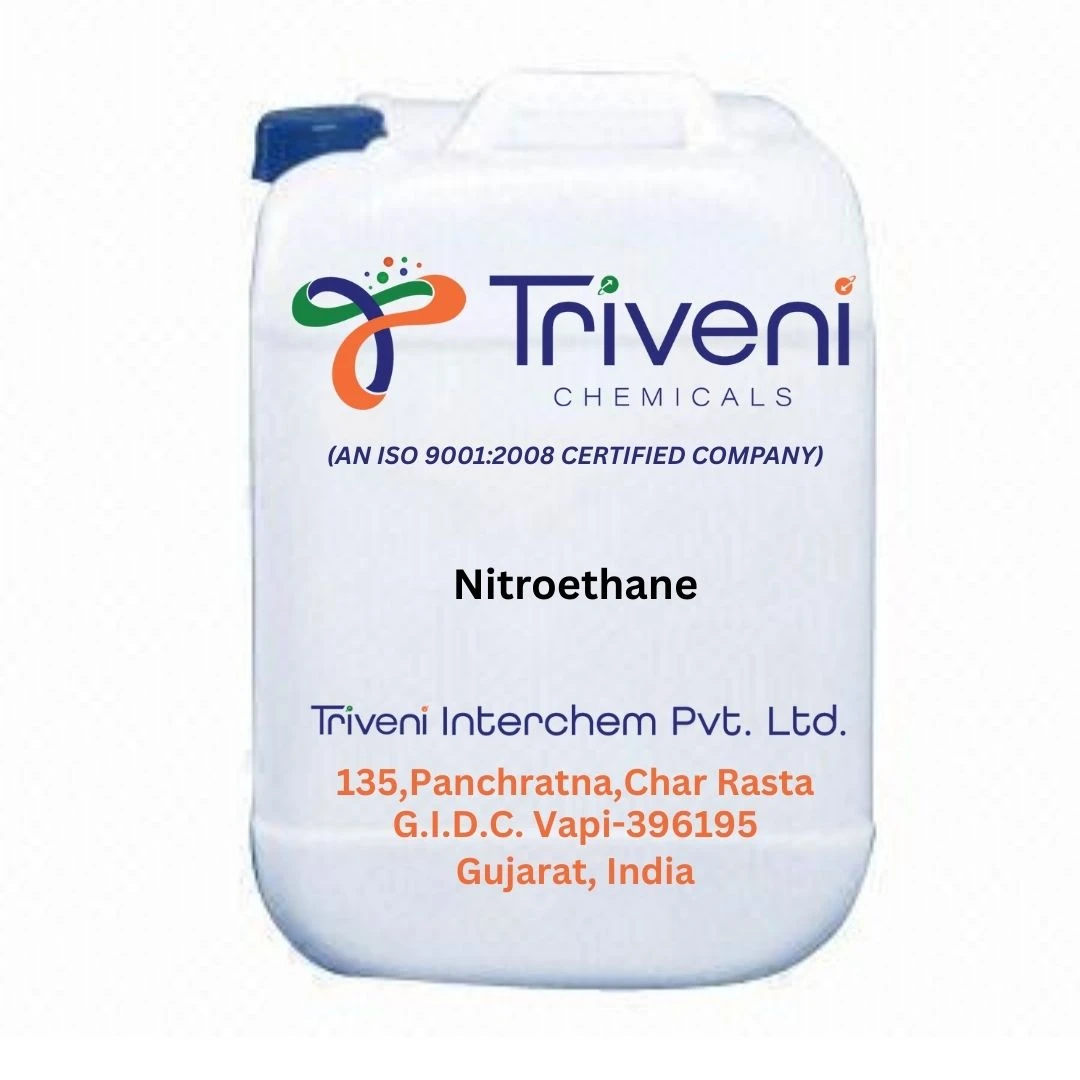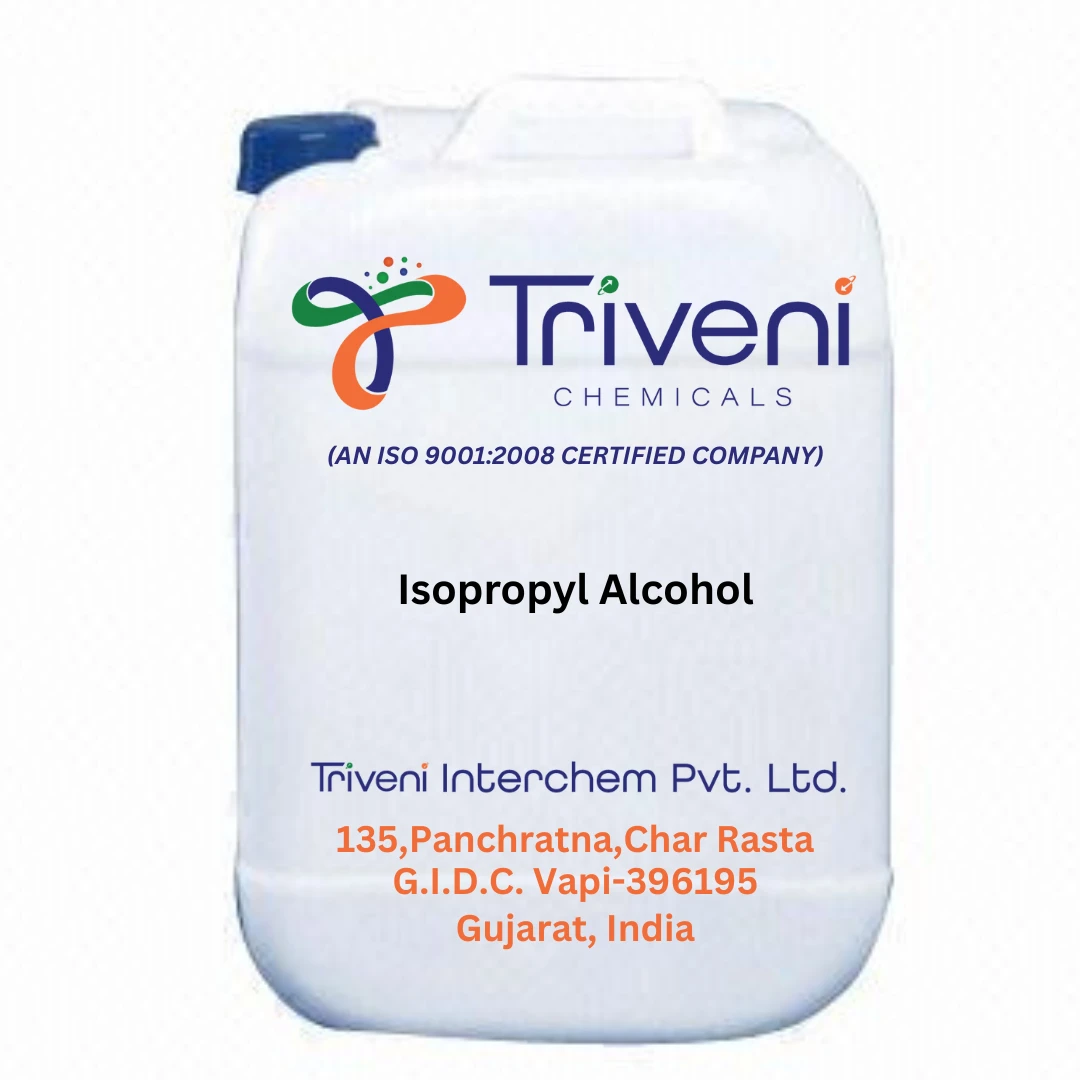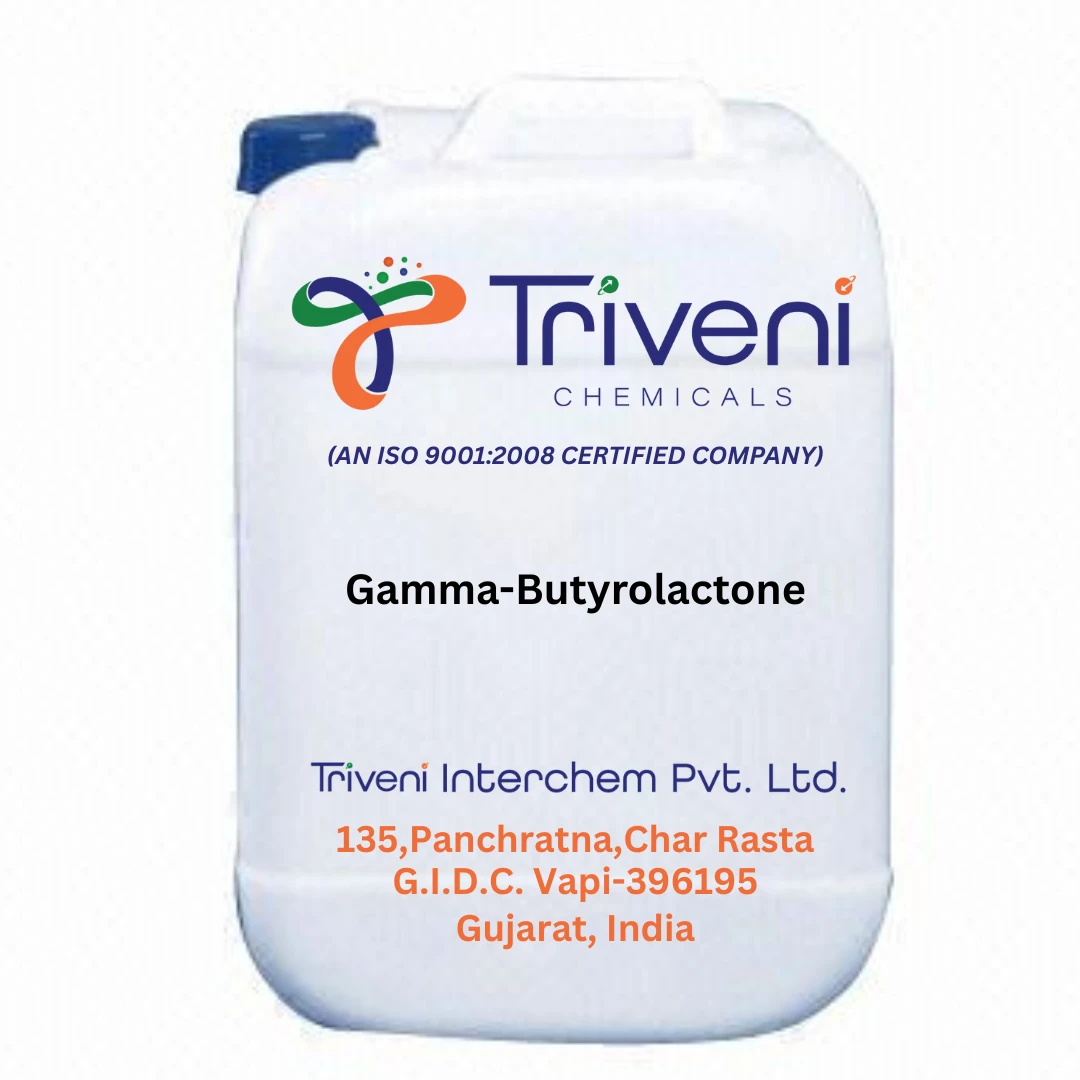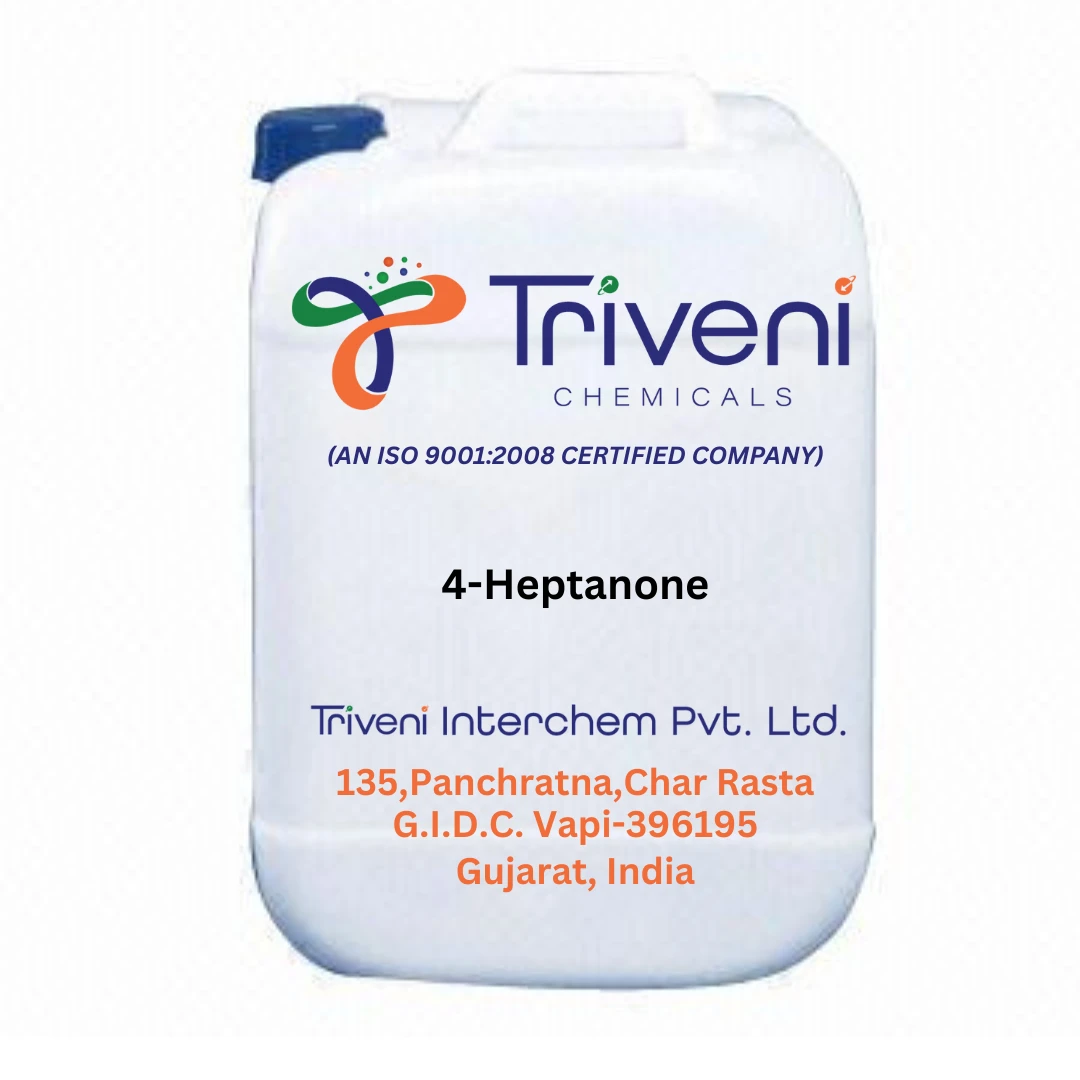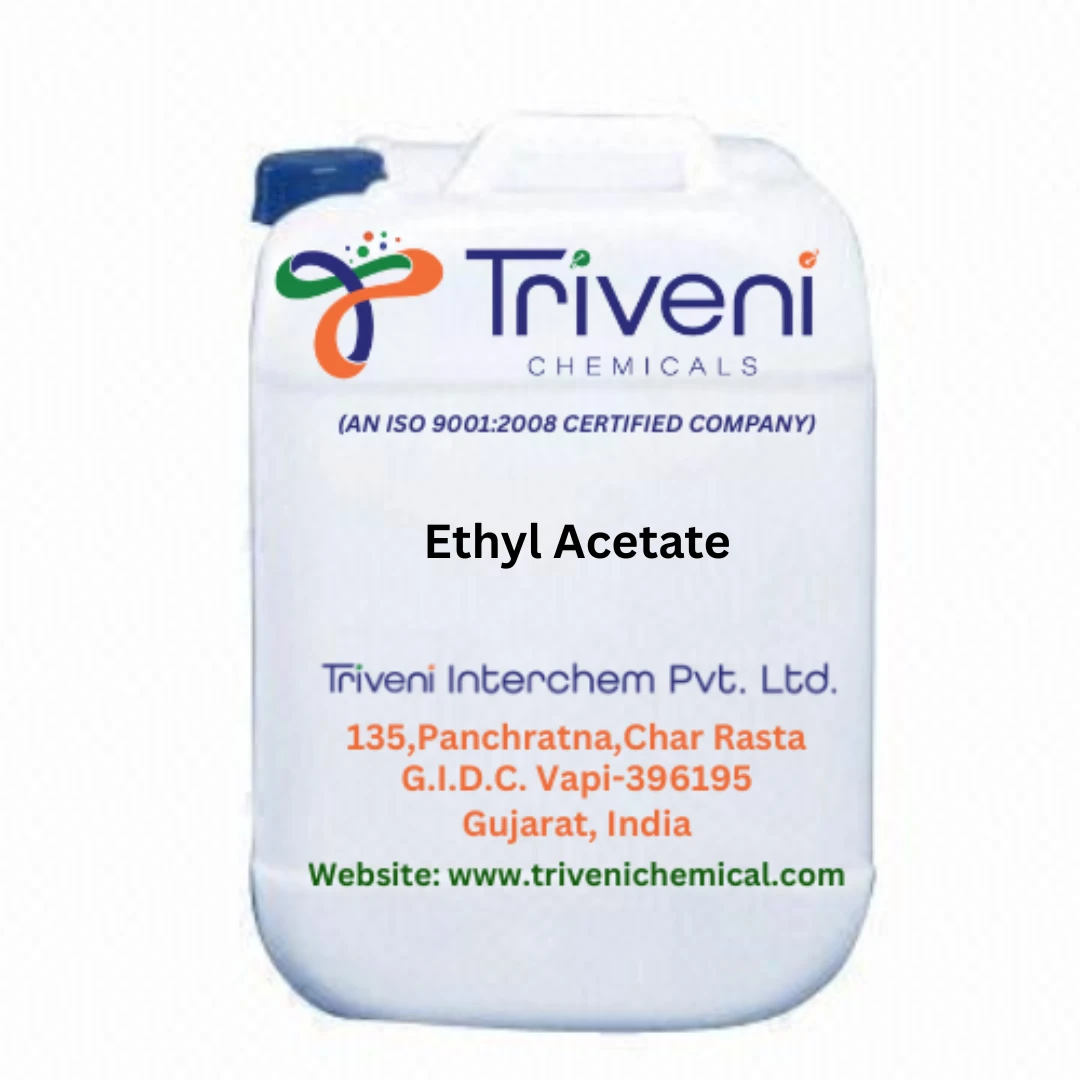Industrial solvents are important in many industrial and production processes because they are versatile compounds that can be used to dissolve, clean, or thin other materials. These solvents are used in a variety of industries, including medicines and cosmetics, as well as electronics and automobile manufacture. Industrial solvents are divided..
Industrial solvents are important in many industrial and production processes because they are versatile compounds that can be used to dissolve, clean, or thin other materials. These solvents are used in a variety of industries, including medicines and cosmetics, as well as electronics and automobile manufacture. Industrial solvents are divided into several categories based on their chemical composition, including hydrocarbons, alcohols, ketones, esters, and chlorinated solvents. Because of their versatility and compatibility with a wide range of materials, hydrocarbon solvents generated from petroleum are among the most widely utilized. They are used as carriers in the manufacturing of adhesives, as well as paint thinners and degreasers. Because of their disinfecting and antiseptic qualities, alcohol-based solvents such as ethanol and isopropyl alcohol are commonly used in pharmaceuticals and cosmetics. They are also used in laboratories to clean and sterilize equipment. Acetone and other ketone solvents are coveted for their quick drying properties and are frequently used in nail polish removers, paint thinners, and as a solvent for various polymers and synthetic textiles. Esters are used in the production of perfumes, tastes, and as solvents for printing inks and coatings due to their low toxicity and attractive scents. Although useful, chlorinated solvents have prompted environmental concerns due to their persistence in the environment and associated health dangers. However, they are still employed in metal degreasing, dry cleaning, and medicinal extraction agents. The type of solvent used is determined by criteria such as the application, desired qualities such as volatility or polarity, environmental impact, and regulatory compliance. In the electronics industry, for example, solvents with low toxicity and high purity are preferred for cleaning circuit boards and electrical components. While these solvents are necessary in industrial operations, there is a rising emphasis on sustainability and environmentally acceptable alternatives. Water-based solvents, supercritical fluids, and bio-based solvents are gaining popularity because they have a lower environmental effect and have fewer health risks than traditional solvents. Regulations and technological improvements encourage the creation of safer, more efficient industrial solvents. The future of industrial solvents lies in innovation and the quest of greener alternatives, with a balance of performance and environmental responsibility.


